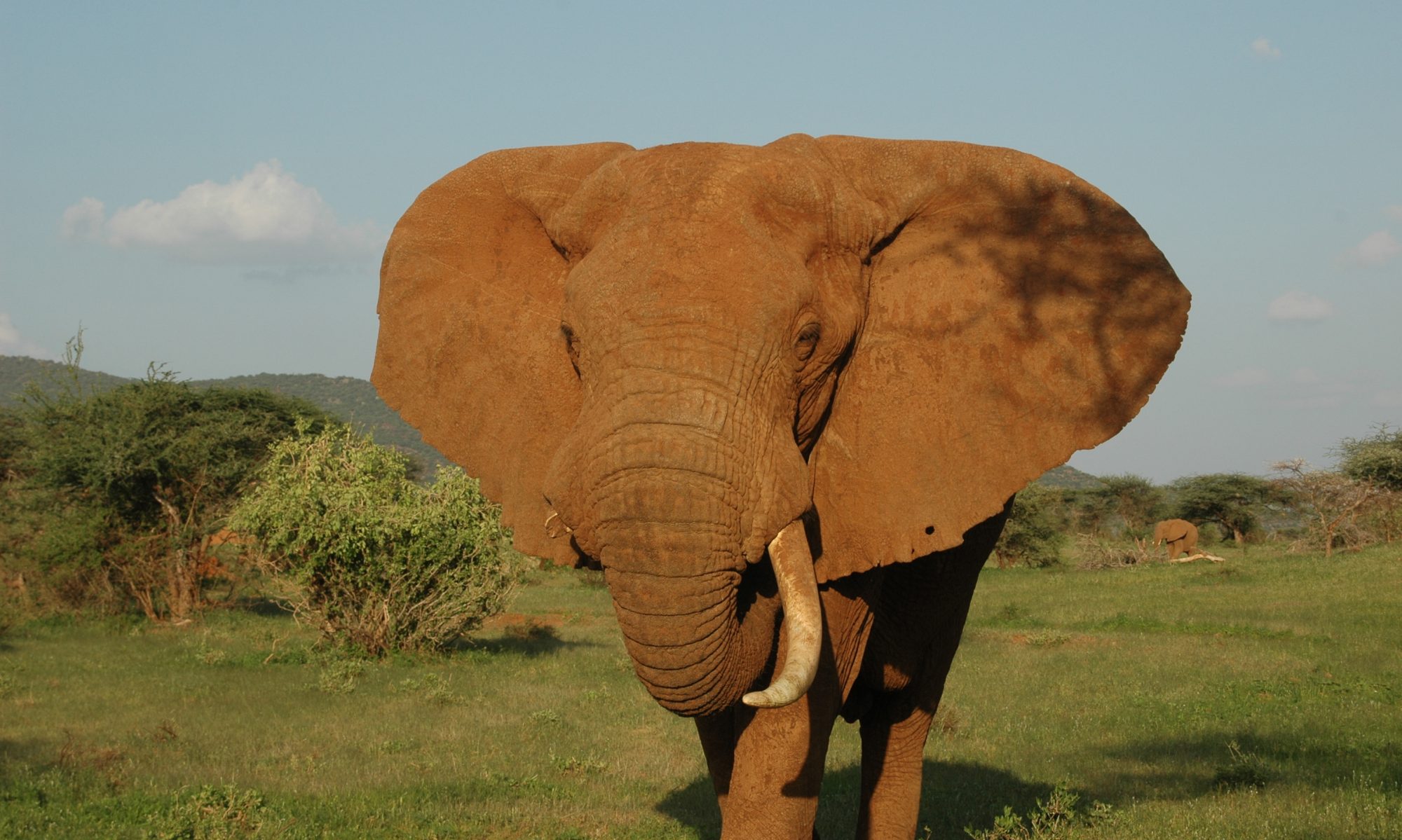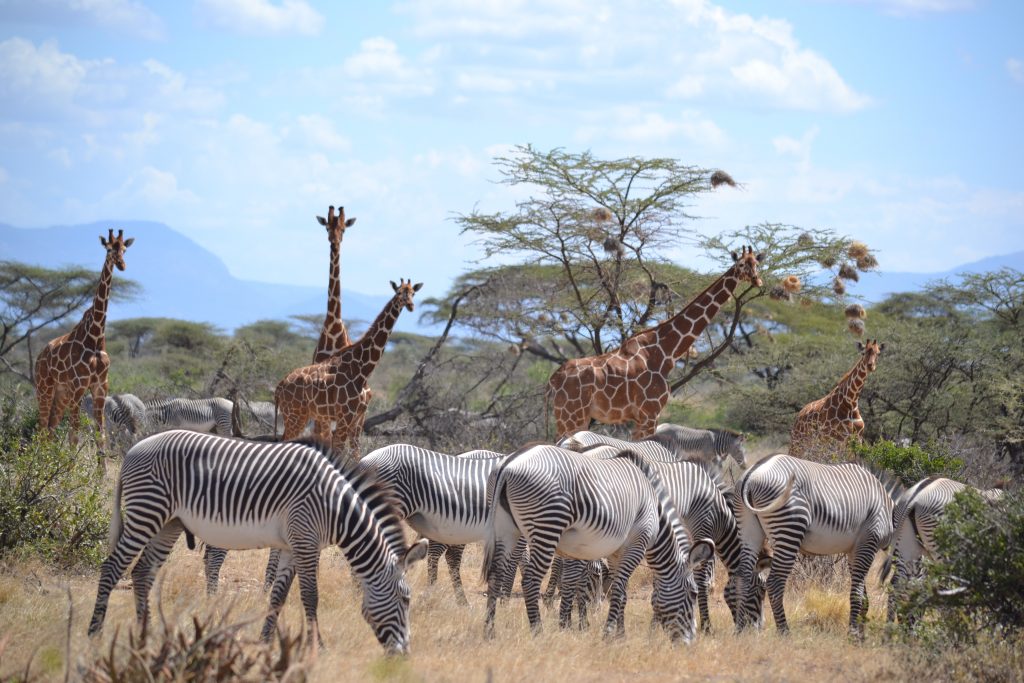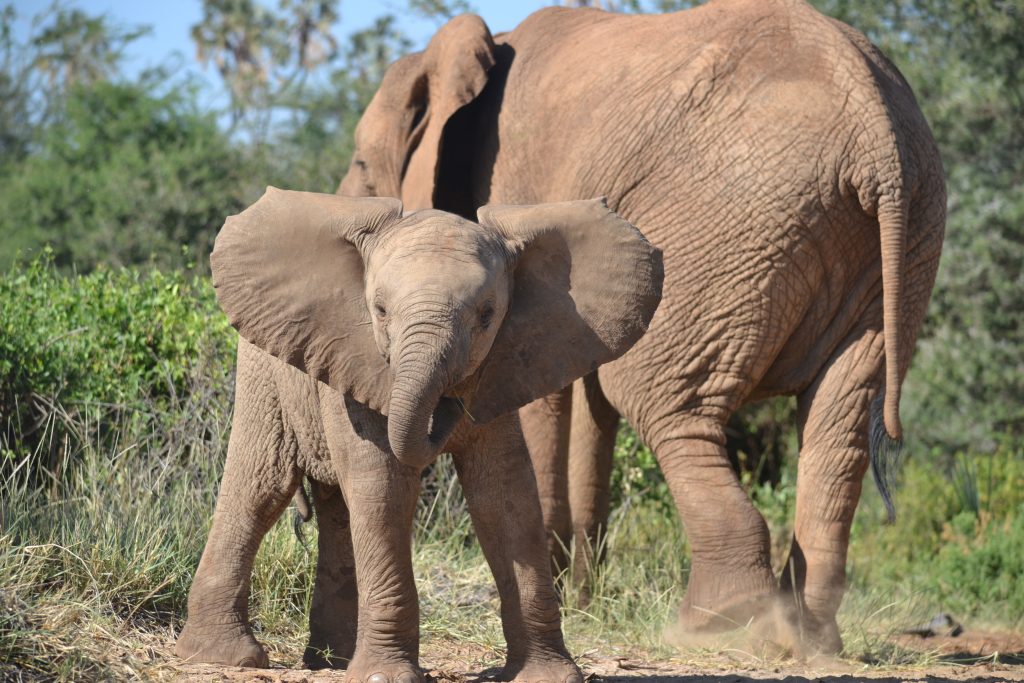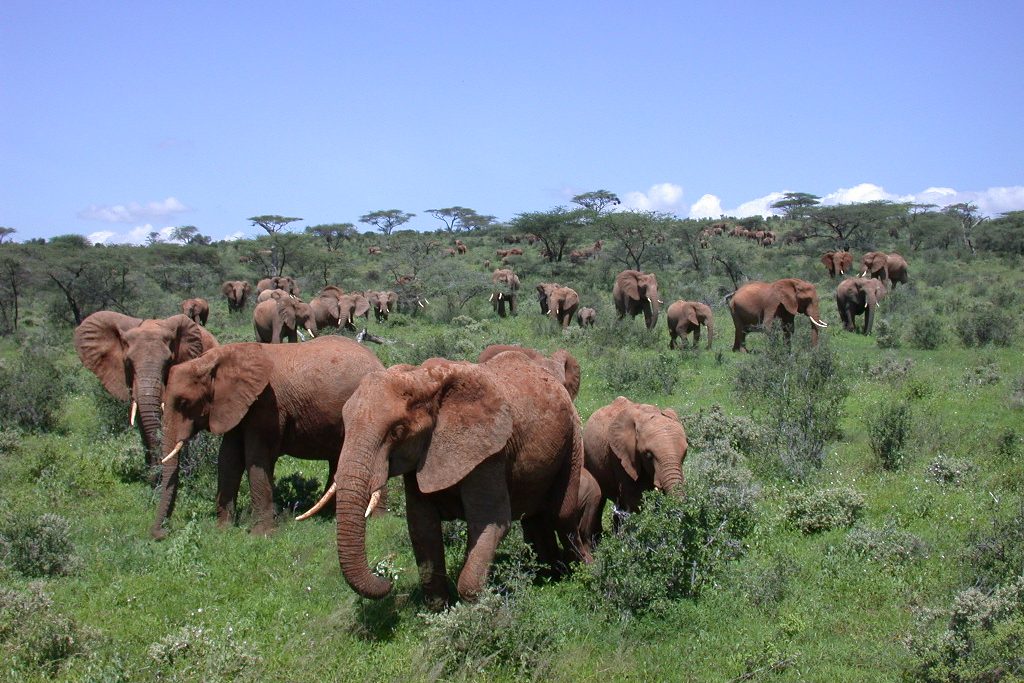Overview
Increasing human driven pressures on natural systems are causing major ecological changes from the alteration of species life history strategies to, in the worst case, population collapse. The long term impacts of these changes on species survival and ecosystem functioning are largely unknown.
Research in my group strives to provide greater understanding of the factors influencing ecosystems and the manner in which species respond to these influences, with the ultimate aim of providing empirical based information and strategies to address the many conservation challenges we face today. We work to actively translate these research outputs into policy and conservation actions.
Landscape planning for wildlife
Rapid land use change is severely impacting natural systems. We are developing and applying techniques from movement and population ecology to predict impacts of landscape alterations on wildlife populations and using these results to guide proactive interventions and inform and shape development planning.
Influence of anthropogenic sound and light on wildlife populations
Human sound and light sources are increasingly prevalent across natural systems, yet the impact of these pollution sources on wildlife are poorly characterized. We are developing novel tools to (a) explore the sounds-scape experienced by animals, (b) quantify their behavioral reactions to the sounds they encounter, and (c) use acoustic monitoring to gain novel insight to ecological systems and their dynamics.
Wildlife spatial ecology
Understanding drivers of space use patterns in terrestrial systems is critical to conservation planning and management. Current research emphasizes exploration of the impacts of human landscape alterations and ecological dynamics to migration, home range use patterns, and resource selection processes.
Drivers of social complexity
Evolutionary drivers of sociality and their interface with the ecological processes individuals experience result in a dizzying array of social organizations and dynamics. We study social processes in elephants and other species to determine critical drivers of social complexity, understand social influences on population processes, and determine factors influencing differentiation in individual social strategies.
Impacts of human caused mortality on elephant population processes
Rampant ivory trade is having a devastating impacts on wild populations of elephants. We are exploring the demographic and behavioral repercussions of this anthropogenic mortality source. We hope to gain better understanding of the resilience of social animals to such mortality surges and how they respond and recover from human caused social disruption.
Impacts of energy development on wildlife
Domestic energy development is increasing rapidly across the U.S. driving major changes in landscapes and their wildlife. The Piceance basin is one of the largest global energy reserves and is experiencing rapid alteration due to natural gas extraction. We are studying behavioral responses of wildlife to this development by detailed analysis of space use relative to the human footprint.





